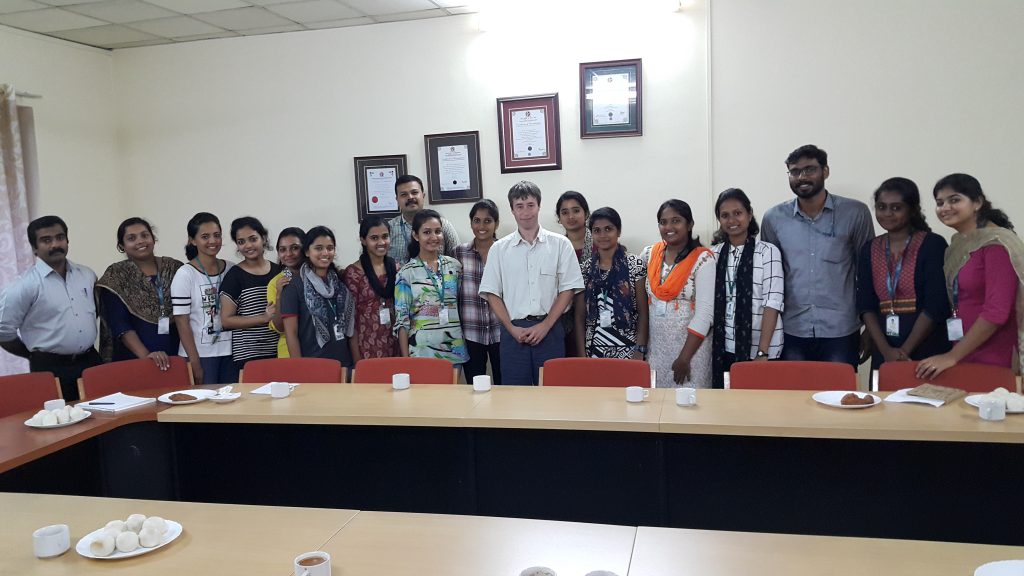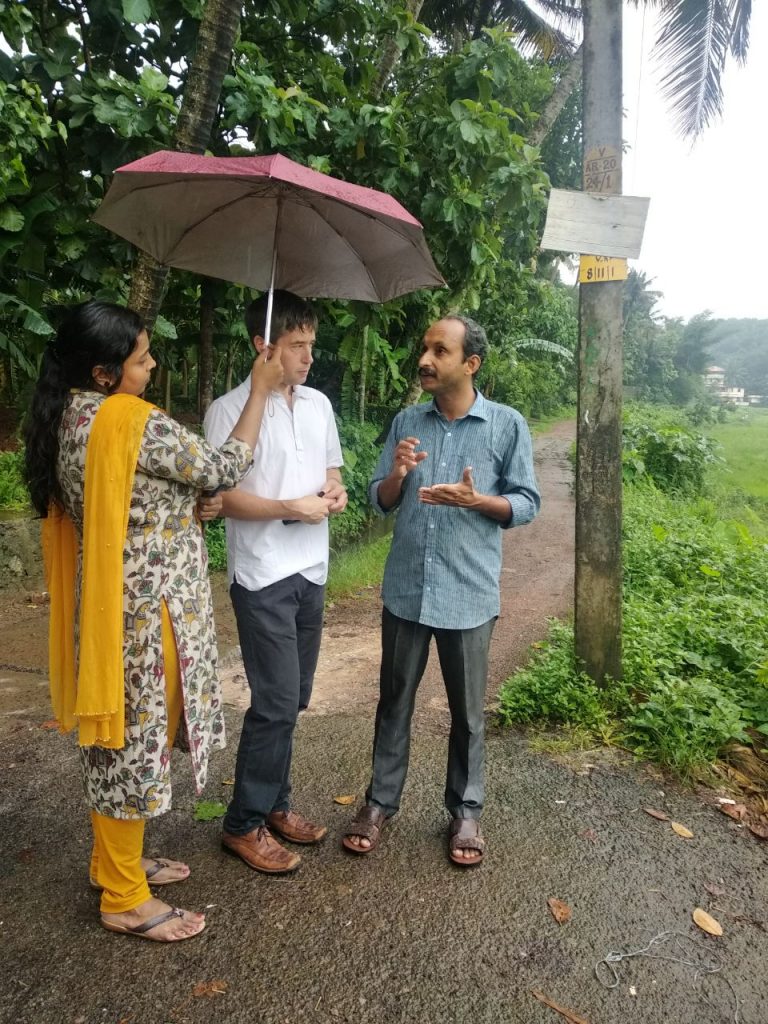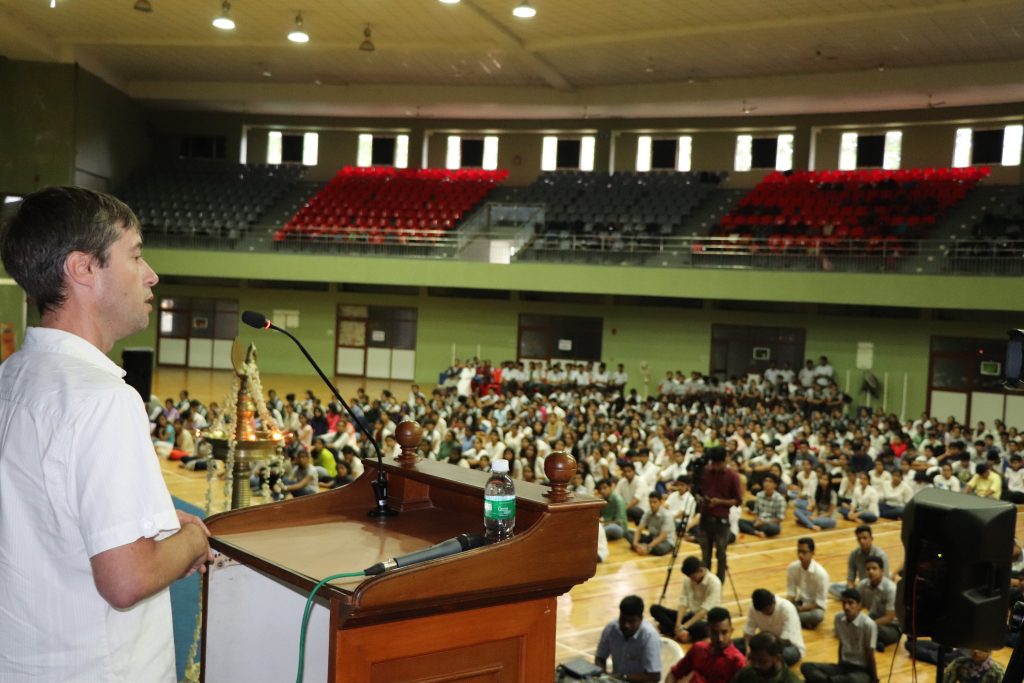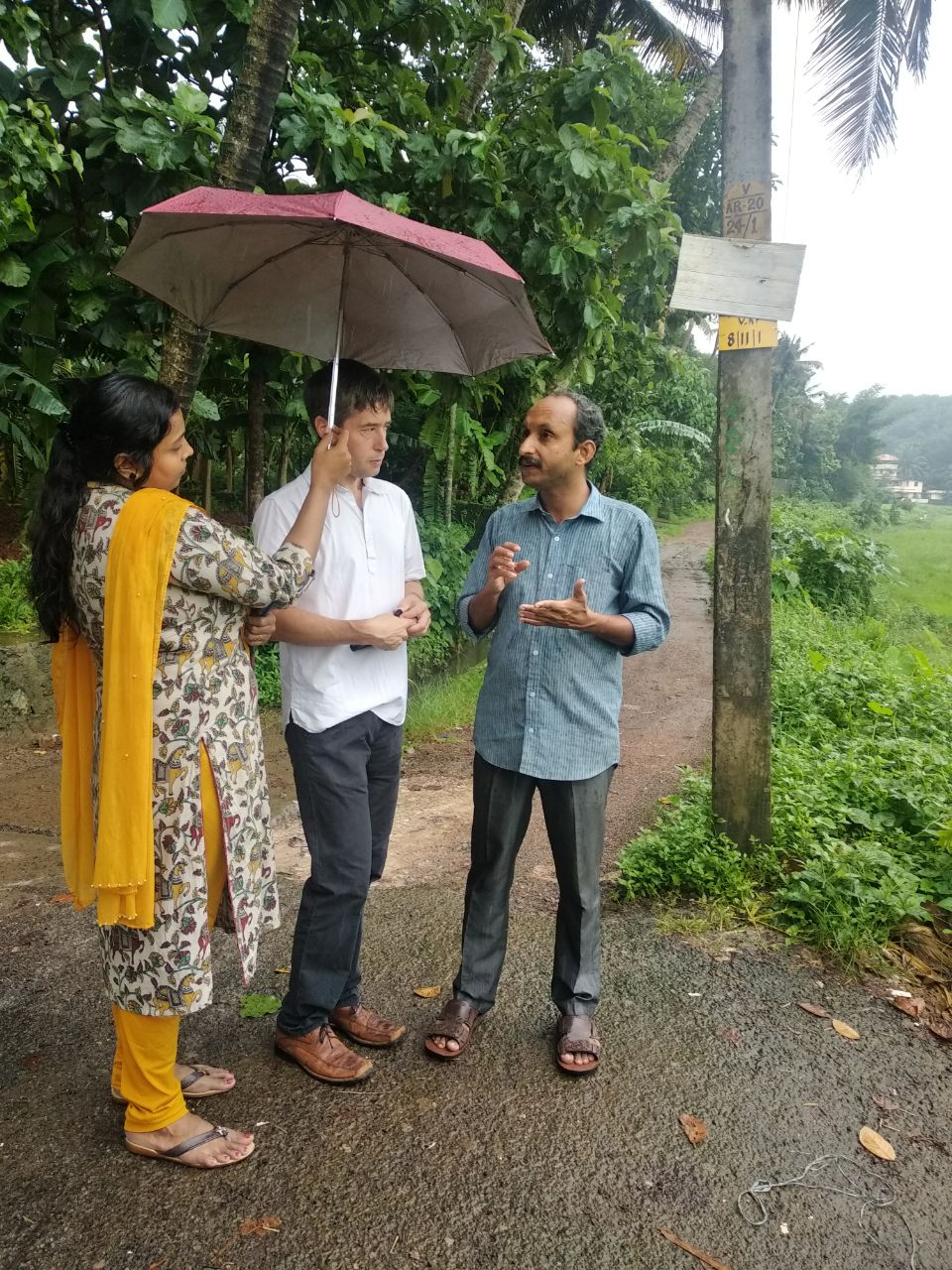The work of the International Centre for Mental Health Social Research in India continued this week with a visit to the Rajagiri College of Social Sciences. Our focus this week has been supporting a new
The work of the International Centre for Mental Health Social Research in India continued this week with a visit to the Rajagiri College of Social Sciences. Our focus this week has been supporting a new social work research team funded by the UK-India Education and Research Initiative.
Rajagiri School of Social Work
The Rajagiri School of Social Work has recently been ranked third in India by India Today. It has put quality of its education and research above all other considerations and has established a firm reputation in the state of Kerala and in the country as a whole.
The School has established a new dedicated research team to work collaboratively with us on a project addressing social factors in chronic disease in India. While some of the team came to York in April, this week I have had the opportunity to meet the full team.
A core team of a project co-ordinator and two research assistants are supervised and supported by four faculty members. They have been provided with a dedicated space and resources to undertake the project with us.

Community survey
On their return from York in April, five Rajagiri research team members provided training to twelve of their postgraduate social work students in survey methodology and good research practice. The team of staff and students then embarked on a household survey to measure the prevalence of diabetes, hypertension, depression and anxiety – and associated social risk factors – in a community in Cochin. They have collected data from over 800 people aged over 30 so far.
I met the students yesterday and asked them about the interviews they have been conducting. I was left confident that they are collecting data according to the study protocol and taking a rigorous approach. They are being closely supervised and supported by the research team. With less than 200 interviews to go, I was impressed to see how they are conducting a rigorous epidemiological survey with minimal resources.
Today I visited the community in which they are undertaking the household survey. I was struck by the relationship the research team have developed with the community’s leaders, which has been essential for them to gain access to it. Then, walking the streets with them, I was heartened by the warmth they were welcomed by local residents, many of whom invited us in to our houses. Although this could be a sign of the strength of bond the researchers have developed with the local community, it can also represent the hospitality of Keralans, which is legendary in India and beyond.

International Yoga Day
The final objective of our research project is to develop a social intervention which addresses social factors in chronic disease. We are some way from this stage of the project yet, but we envisage that it may incorporate elements of yoga.
There is growing evidence of the effectiveness of yoga in the treatment of depression, diabetes and hypertension in India. However, as with many traditional practices, yoga is becoming less popular in India as Western culture becomes more prevalent. Timed to coincide with the longest day in the Northern Hemisphere, International Yoga Day is therefore a good time to celebrate one of India’s ancient traditions.
I was honoured to be asked to speak at the inauguration of Rajagiri College’s celebration of International Yoga Day. Although not the largest celebration of yoga in India today, I was certainly daunted by addressing over 1,200 people!

